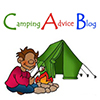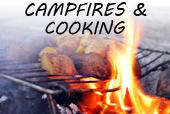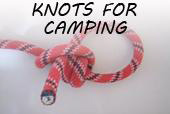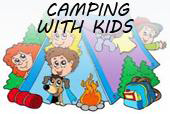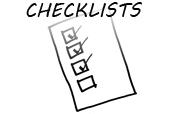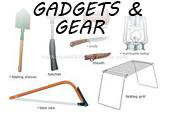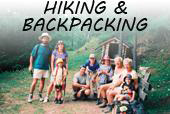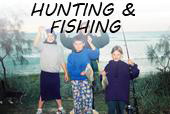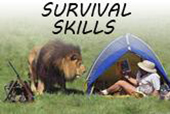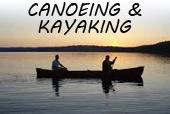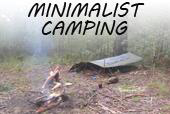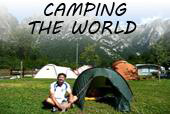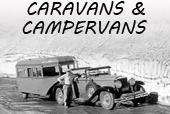Here is a list of must have items sure to make your outdoor experience safer and more enjoyable. These are applicable for dayhikes and backpacking trips.
One of the most important things is having a map of the trail you will explore. Get one at the park visitor center or find one online that you can download. This will keep you from getting lost, help you identify new trails to check out and possibly help rescuers locate you if you’re in trouble.
A map reading compass will help you find your bearings and keep you from getting lost. Using the map and compass together will keep you correctly oriented to know which direction you’re heading.
Staying hydrated is crucial. You can survive about a month with no food, but only a few days without water. You can become dehydrated quickly by exertion, perspiration, heat and exposure. It’s a good idea to have 2 one liter bottles of water. Also, carry some water purification means with you. I use a liquid water treatment drops.
Have extra food with you. Enough so that you could get through another day if necessary. Some companies produce compressed whole food bars that serve as complete meal replacements. My favorite is called the Pro Bar. Taking a few of these with will extend your energy levels if you need them.
Bring a couple more layers of clothing. These will serve to keep you warm and dry should the temperature drop unexpectedly, you somehow become wet or both. Choose layers that are synthetic. Most of them will still retain some insulative quality even if they are wet and they tend to dry a lot faster.
Pack some sort of light source like a headlamp or flashlight. If you are forced to make camp or hike out in the dark, you will be able to see trail debris an obstacles that could cause danger.
Having an accident or injury in the backcountry is no fun. Bring a small first aid kit with you. You can create one out of household supplies but don’t forget hiking needs like moleskin or blister treatment. I recommend taking a basic wilderness medicine course.
On rare occasion one must light a fire in the backcountry as a matter of survival. I’ve been on a kayak trip where someone overturned and they were soaked just as the temperature started to drop. Do not light a fire unless absolutely necessary. Bring matches and a lighter in a waterproof case and use caution to avoid wildfires.
A folding camp knife will serve many a purpose. Be sure that the one you choose has a blade that locks when open. I’ve seen knives that don’t lock take off finger tips.
Last but not least, UV protection. Bring a hat with a brim, sunblock and a pair of sunglasses if you will be out in the sun for an extended period. Your eyes and skin will thank you.
